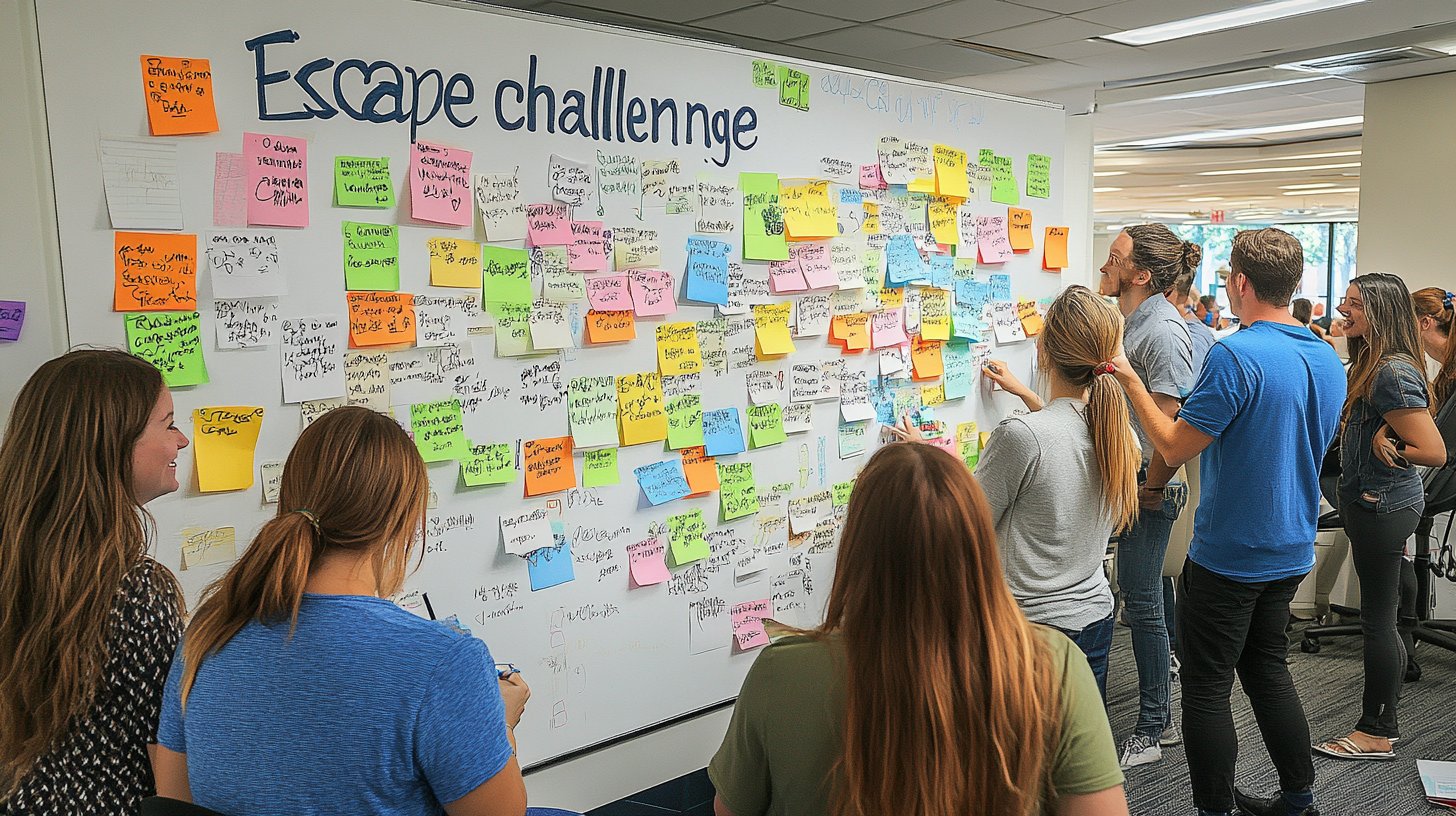Do you want to boost your career in business development? Are you curious, ambitious, and drawn to the challenges of prospecting? As a future Business Developer, you’re looking for a role that combines strategic analysis, opportunity creation, and human relationships. This position requires the ability to identify market trends while establishing solid partnerships.
Wondering what skills to develop, what tasks await you daily, or how to progress in this career? Here, you’ll find concrete answers to your questions. We understand your expectations: being efficient in the field, mastering digital tools, and actively contributing to the company’s growth. Discover how to transform your potential into success with practical methods and tailored advice.
What is the role of a Business Developer?
A Business Developer is primarily responsible for prospecting and acquiring new clients. This professional constantly seeks innovative ways to grow the company’s client portfolio. By continuously analyzing the market, they identify trends and emerging needs to offer suitable solutions.
The work doesn’t stop there. The Business Developer also identifies high-value market segments and focuses on building profitable strategic partnerships. By combining innovation and business strategy, the goal is to ensure sustained and lasting company growth.
Main tasks of a Business Developer
Let’s break down the specific tasks of a Business Developer:
- Identifying new business opportunities in the market.
- Conducting phone and in-person prospecting to increase client potential.
- Negotiating with potential partners to establish successful collaborations.
- Developing and implementing visionary business strategies.
- Following up and retaining existing clients to maximize revenue.
- Analyzing performance and adjusting action plans when necessary.
Skills required to excel as a Business Developer
Being a good Business Developer goes beyond basic technical skills. It requires a mix of diverse and complementary skills to navigate this complex environment effectively.
Technical and Analytical Skills
A solid understanding of CRM tools (Customer Relationship Management) greatly facilitates managing client interactions and tracking sales. Proficiency in project management software allows coordinating multiple initiatives simultaneously. The ability to analyze market data to guide strategic decisions is essential.
Interpersonal Skills
Communication skills play a key role in negotiating and closing deals. Building trust relies on active listening and responsiveness to client needs. Diplomacy and perseverance are also needed during challenging discussions.
Strategic Mindset and Adaptability
Quickly adapting methods to follow market evolution shows high agility. Proposing creative solutions to challenges often provides an edge over competitors. A strategic mindset helps align business objectives with the company’s overall vision.
A Typical Day for a Business Developer
A glimpse into the daily routine of a Business Developer shows a diverse set of essential tasks.
| Time | Activity |
|---|---|
| 09:00 – 10:00 | Reviewing emails and client messages |
| 10:00 – 12:00 | Strategic meeting with the sales team |
| 12:00 – 13:00 | Networking lunch |
| 13:00 – 15:00 | Phone prospecting and meeting potential clients |
| 15:00 – 17:00 | Preparing business proposals |
| 17:00 – 18:00 | Analyzing the day’s performance and planning actions |
Education and Career Path for a Business Developer
The path to becoming a Business Developer involves several academic and professional steps. A strong foundation in business or marketing is ideal. Many begin their careers with a business school degree, supplemented by active internships in sales or marketing.
Continued skill development through specialized training provides a significant advantage. Attend seminars, take online courses on the latest sales techniques, and stay updated on new industry trends.
Career Advancement
One of the key benefits of being a Business Developer is the wide range of career opportunities. After a few years of experience, a Business Developer can move into roles such as Sales Director, Marketing Manager, or even join the executive team. The career prospects are broad and promising.
Challenges and Opportunities in the Profession
Like any dynamic profession, being a Business Developer comes with challenges. Increased competition adds an extra layer of difficulty in conquering new markets. However, these challenges also open the door to countless opportunities for those who demonstrate tenacity and ingenuity.
With the rise of digital technology, Business Developers must now master modern tools to stay competitive. Continuous innovation becomes necessary not just to survive but to thrive in an internationalized business environment.
Practical Tips for Succeeding as a Business Developer
Here are some practical tips to help aspiring Business Developers excel:
- Listen actively to your clients and tailor your offer to their real concerns.
- Continuously improve your negotiation skills to close decisive deals.
- Stay curious and consistently train in the latest trends in your sector.
- Build and maintain a strong network; many opportunities arise from well-nurtured relationships.
- Incorporate regular market analysis to guide your business strategies.
The role of a Business Developer opens the door to a world rich in challenges and opportunities. This dynamic profession requires diverse skills, from prospecting to negotiation, and the ability to quickly adapt to market changes. Business Developers play a key role in business strategy and company growth. Equipping yourself with the right tools and adopting a proactive attitude are essential ingredients to succeed and leave a lasting impact in this exciting field.








